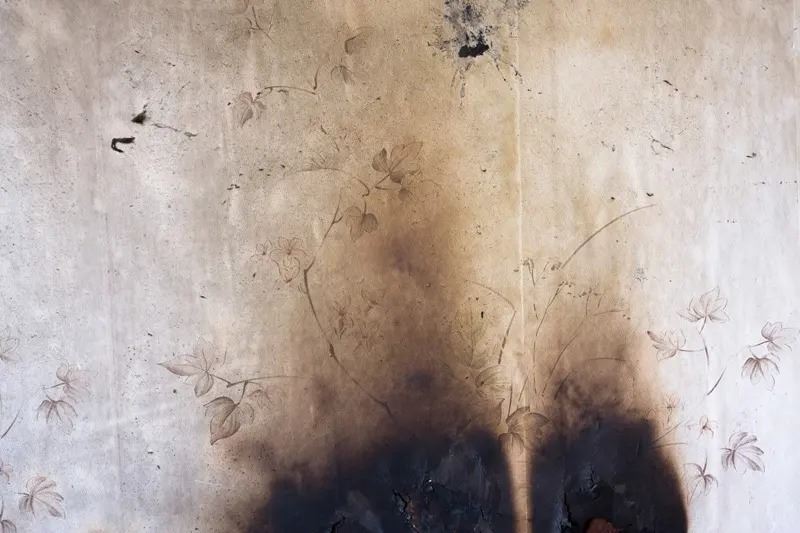Did a part that was improperly installed in 1998 cause a fatal gas explosion in 2017? If the findings of a recent report by the National Transportation Safety Board are accurate, the answer is yes. But that report may mean nothing to the widow of a utility worker seeking justice for her husband’s wrongful death or for several Lancaster residents who suffered property damage up to and including total destruction of their homes.
The incident occurred on July 2, 2017, when Richard Bouder, 54, an employee of UGI Utilities Inc. responded to a call about gas odor at a house on Springdale Lane in Manor Township. While Bouder and three other workers were investigating, an explosion erupted, killing Mr. Bouder and injuring the others. The explosion destroyed the home in question and damaged six others, one of which was later condemned.
According to WFMZ.com, Mr. Bouder’s widow filed suit in November of 2017, “seeking compensatory and punitive damages against Honeywell in relation to Boulder's death. PPL Corporation, PPL Electric Utilities Corporation and [UGI] the company that installed the tapping tee are also named as defendants.”
Mrs. Bouder’s complaint alleges that “Honeywell's Permalock mechanical tapping tee that connects natural gas lines to homes” was “defectively designed” and that Honeywell “sold [the tee] to consumers without sufficient warnings or instructions for installation.” The suit charges “the blast occurred because the tapping tee leaked explosive levels of gas….” Finally, “the lawsuit alleges Honeywell was aware of the defects that were responsible for at least two prior explosions from gas leaks, including one involving a fatality.” In response to WFMZ’s story, Honeywell said “[The company] takes the safety of our customers very seriously. We believe there is no merit to the claim and will defend ourselves vigorously in court.”
However, earlier this spring, the NTSB released the findings of its investigation, which seemed to strengthen Mrs. Bouder’s case against Honeywell. According to Lancasteronline.com, “the probable cause of the explosion was ‘an improperly installed mechanical tapping tee that leaked and allowed gas to migrate into the house where it ignited.’"
But, unfortunately for Mrs. Bouder, the NTSB report also says, “the board ‘does not assign fault or blame for an accident or incident’ and that law prohibits such reports in civil lawsuits ‘for damages resulting from a matter mentioned in the report.’" In other words, Mrs. Bouder must higher independent investigators to present their findings, which naturally may not have as much cache as those that come from NTSB.
If an improperly installed tee was the issue, the question then becomes “Who is responsible for the tee being improperly installed?” Did Honeywell, the manufacturer make an unreasonably hard-to-install tee? Did Honeywell fail to provide installers with adequate instructions on proper installation? Or did installers disregard good instructions and/or fail to properly train their employees? These are questions for a jury, and they tackle issues that go well beyond the NTSB report.
If you or a loved one has experienced a home explosion due to natural gas or propane, you have legal options, and you may be entitled to compensation for your financial losses and pain and suffering. Our serious injury attorneys can help you choose the right course of action to collect the maximum recovery. Please read more on our Propane or Natural Gas Injury overview, or contact us at the information below.


